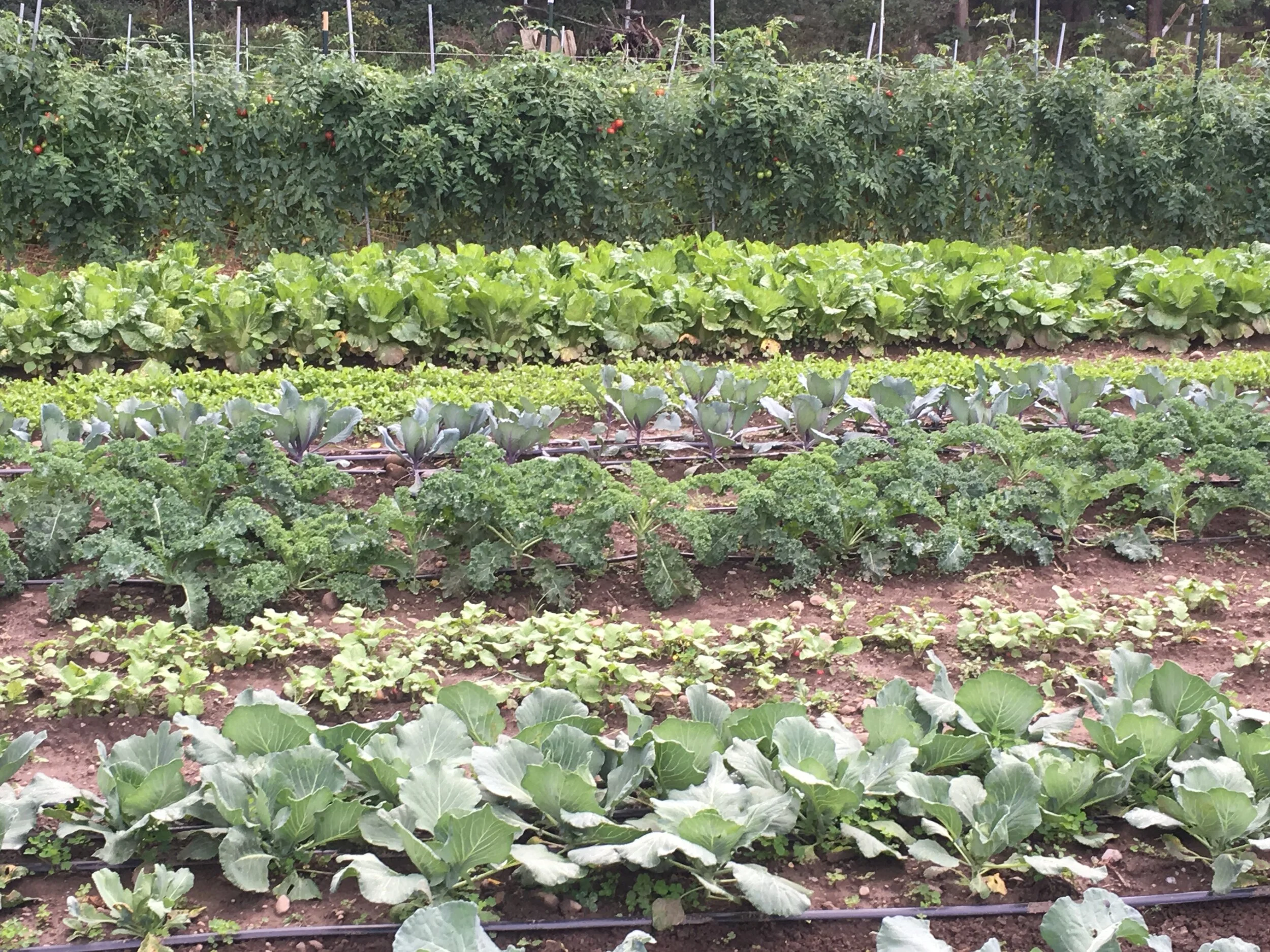what does “organic” really mean?
Organic agriculture is based the idea creating a healthy soils, so farmers don’t need to use synthetic pesticides and fertilizers. Healthy soils are thriving, diverse ecosystems, full of all kinds of small and microscopic life, like bacteria, fungi, and earthworms, that crops can form symbiotic relationships with. Hence the maxim of the organic farmer is to feed the soil, not the plant.
certified organic
Organic certification is a way to verify that farmers aren't using these synthetic products that are banned for organic production under the standards of the federal government's National Organic Program. Organic Certification entails extensive record-keeping by farmers, annual review of those records by an organic certifying agency, and an annual inspection of every Certified Organic farm by an organic inspector. Every year, inspectors also take sample from five percent of Certified Organic farms to check for synthetic pesticide residue and five of Certified Organic farms to check for GMOs (which are also prohibited under organic rules).
real organic project
Despite organic agriculture being based around creating healthy soils, the National Organic Program has begun to allow hydroponically-grown produce (produce grown in water, rather than the soil) to become Certified Organic. Hydroponic production is done primarily by very large-scale operations selling crops like tomatoes and berries into the national and international wholesale market. Dirt Rich Farm has chosen to become certified by the Real Organic Project, in addition to also being Certified Organic, verify to the public that our vegetables are grown in the soil, the way organic produce is really supposed to be.
…and beyond
As we strive to be the best farmers we can be, we try to make ecologically sound decisions that go above and beyond the minimum standards for certification that are set out by the National Organic Program and Real Organic Program. You can read more about our growing practices here.
